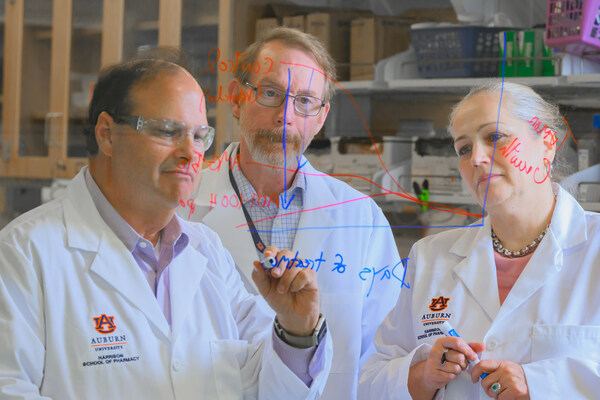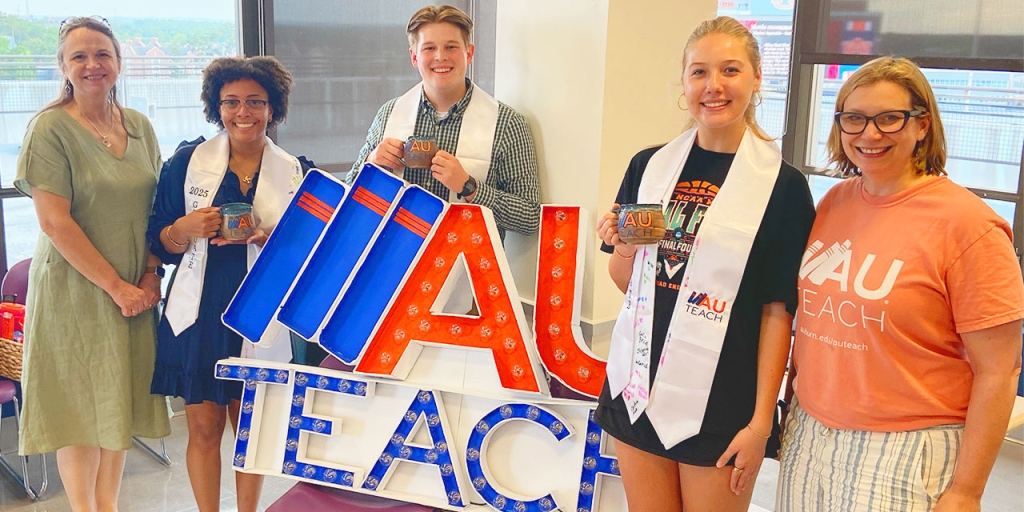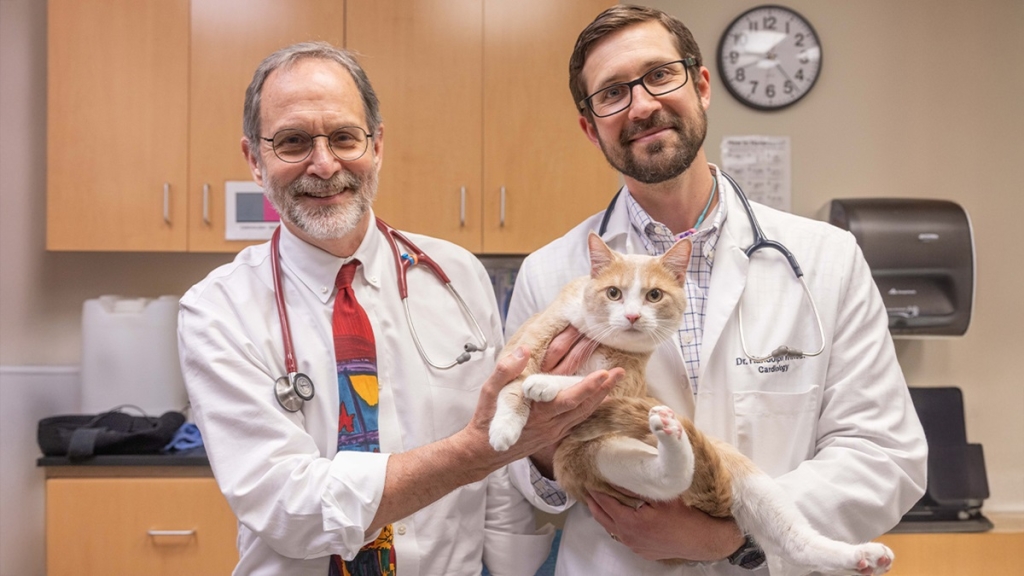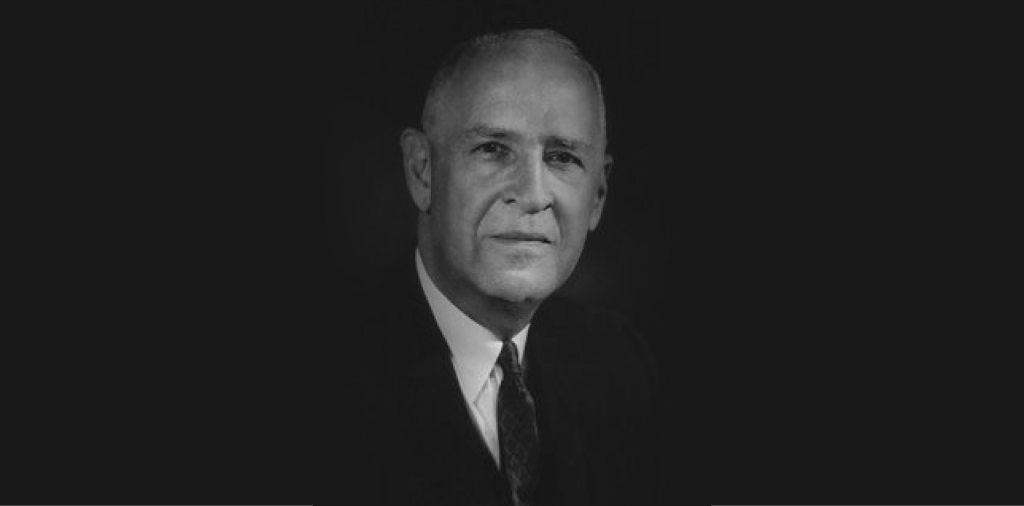For most academic scientists conducting biomedical research, the possibility of advancing a new medicine to the clinic is, at best, an aspiration. Despite the odds, Gary Piazza and his research team in Auburn University’s Harrison College of Pharmacy discovered a highly potent and selective anticancer drug and are collaborating with investigators at the University of Alabama-Birmingham (UAB) O’Neal Comprehensive Cancer Center to advance a new drug candidate to clinical trials for patients with the most fatal of cancers.
Piazza joined the Harrison College of Pharmacy (HCOP) in 2021 as the W.W. Walker Professor and head of the Department of Drug Discovery and Development. A highly respected cancer investigator, Piazza is a UAB graduate with over 35 years of research experience, including 10 years as a professor at the University of South Alabama Mitchell Cancer Institute (MCI) in Mobile and 10 years as a principal scientist with Southern Research in Birmingham.
Along with his administrative responsibilities, Piazza continues his groundbreaking research as director of the newly created Cancer Research Center at HCOP. His collaborators also made the move from MCI to Auburn including medicinal chemist Xi Chen, cancer biologist Adam Keeton, pharmacologist Yulia Maxuitenko and lab manager Kristy Berry.
“Having a multidisciplinary team with diverse scientific expertise has allowed us to solve many technical problems as we seek to advance our experimental drugs to the clinic,” said Piazza.
Piazza also brought with him multiple actively funded research projects, including three R01 projects from the National Institutes of Health National Cancer Institute and a project from the Breast Cancer Research Foundation of Alabama, along with several million dollars in funding.
Selective targeting
From his early research in a class of drugs known as non-steroidal anti-inflammatory drugs (NSAID), Piazza was the first to publish evidence a drug called sulindac could kill cancer cells by a specific mechanism known as apoptosis, or programmed cell death. This research supported the clinical development of a sulindac derivative called exisulind to treat precancerous colon adenomas (polyps) in patients with familial adenomatous polyposis who are at high risk of developing colorectal cancer.
“NSAIDs are not considered to have strong anticancer activity and are not FDA approved for long-term use to either prevent or treat cancer because of potentially fatal gastrointestinal and other toxicities,” said Piazza. “Yet, this unusual anticancer activity of NSAIDs commonly used to treat everything from headaches to arthritis inspired me to better understand the underlying mechanism of action.”
His research looks to use his novel series of compounds to inhibit a protein called RAS, a protein in which mutations in RAS genes have been known for decades to be responsible for many human cancers and those that are the most fatal, especially pancreatic, colorectal and lung.
A unique approach
Piazza is optimistic that their lead compound, ADT-1004, is an attractive drug candidate inching closer and closer to clinical trials. Although more research is needed, Piazza is encouraged by the promising anticancer activity that ADT-1004 has shown in mouse models of pancreatic cancer and our detailed understanding of how the drug can selectively kill cancer cells.
“In many ways, cancer cells are just like normal cells, especially those cells in tissues where there is rapid cell division, for example, in the gut,” said Piazza. “The difficulty in cancer drug development has always been the ability to find target-directed small molecules that can selectively kill cancer cells without harming normal cells.”
Potential at Auburn
Piazza is excited about what can be accomplished on The Plains to be a beacon of hope in the battle to fight cancer.
“Most of my career prior to joining Auburn was in the pharmaceutical industry where I learned the value of collaboration and in cancer centers, I saw sick patients every day coming in for chemotherapy, which made me more determined not to be satisfied with only conducting basic research,” said Piazza. “At Auburn, I recognized the diverse expertise within the college, which I believed could help solve some of the major hurdles we encountered to advance our experimental anticancer drugs to the clinic.”













